Faculty of Media and Communication
Faculty Research Seminar Series 2016-17
May
at a Glance
A Journalism Research Group
Research Seminar
Venue: F309, Fusion Building, Talbot Campus, Bournemouth University, Fern Barrow, Poole, Dorset, BH12 5BB
Wednesday 10 May 2017 at 3pm
JRG
Welcomes:
Dr James Dennis – University of Portsmouth
“It’s Better to Light a Candle than to Fantasize About a Sun”: Social Media, Political Participation and Slacktivism in Britain
This presentation examines how routine social media use shapes political participation in Britain. Since the turn of the century, many commentators have argued that political activism has been compromised by “slacktivism,” a pejorative term that refers to supposedly inauthentic, low-threshold forms of political engagement online, such as signing an e-petition or “liking” a Facebook page. This is explored in three interrelated contexts, using three different research methods: an ethnography of the political movement, 38 Degrees; an analysis of a corpus of individually-completed self-reflective media engagement diaries; and a series of laboratory experiments that were designed to replicate environments in which slacktivism is said to occur. I argue that slacktivism is an inadequate and flawed means of capturing the essence of contemporary political action, as Facebook and Twitter create new opportunities for cognitive engagement, discursive participation, and political mobilisation.
Dr James Dennis is Senior Lecturer in Journalism at the University of Portsmouth. His research interests lie in political communication, with a particular focus on social media, political participation and citizenship, and digital news. His work has been published in the Civic Media Project, published by MIT Press, Participations: Journal of Audience & Reception Studies, and Political Studies. James maintains a personal research site at jameswilldennis.com, and can be found on Twitter at @jameswilldennis.
A Narrative Research Group
Research Seminar
Venue: F309, Fusion Building, Talbot Campus, Bournemouth University, Fern Barrow, Poole, Dorset, BH12 5BB
Wednesday 10 May 2017 at 4pm
NRG
Welcomes:
Dr Matthew Freeman – Bath Spa University
Small Change – Big Difference: Tracking the Non-Fictionality of Social Transmedia
Today’s convergent media industries readily produce stories across multiple media, telling the tales of Batman across comics, film and television, inviting audiences to participate in the Star Wars universe across cinema, novels, the Web, and more. This transmedia phenomenon may be a common strategy in Hollywood’s blockbuster fiction factory, tied up with ideas of digital marketing and fictional world-building, but transmedia is so much more than movie franchises. Yet while scholarship dwells on transmedia’s commercial, global industry formations (Jenkins, 2006; Scolari, 2009; Evans, 2011; Mann, 2014; Freeman, 2014), smaller communities and far less commercial cultures now make new and very different uses of transmedia, in some ways re-thinking transmedia by applying it to non-fictional projects as a socio-political strategy for informing and unifying local communities. There has been little attempt to track or understand such a socio-political idea of transmedia: Henry Jenkins (2006) famously theorised this phenomenon within a digital and industrial context, but what does it mean to examine transmedia from a social perspective?
In one sense, examining transmedia from a social perspective means thinking about it as a non-fictional engagement strategy that has ramifications in terms of people, leisure, activism, politics, and society itself. As such, this paper begins to theorise a social, non-fictional form of transmedia, pointing to Comic Relief in the UK and to political projects in Colombia to tease out the fabric of social transmedia campaigns. This includes re-thinking modes of participation, documentary and community media.
Dr Matthew Freeman is Senior Lecturer in Media and Communication at Bath Spa University, and Director of its Media Convergence Research Centre. He is the author of Historicising Transmedia Storytelling: Early Twentieth-Century Transmedia Story Worlds (Routledge, 2016), the author of Industrial Approaches to Media: A Methodological Gateway to Industry Studies (Palgrave Macmillan, 2016), and the co-author of Transmedia Archaeology: Storytelling in the Borderlines of Science Fiction, Comics and Pulp Magazines (Palgrave Pivot, 2014). His research examines cultures of production across the borders of media and history, and he has also published in journals including The International Journal of Cultural Studies, Historical Journal of Film, Radio and Television, and International Journal of Communication.
A Conflict, Rule of Law and Society
Research Seminar
Venue: F309, Fusion Building, Talbot Campus, Bournemouth University, Fern Barrow, Poole, Dorset, BH12 5BB
Wednesday 17 May 2017 at 3pm
CRoLS
Welcomes:
Mark “Max” Maxwell
Deputy Legal Counsel – U.S. Africa Command
A
Centre for Politics and Media Research
Seminar
Venue: F309, Fusion Building, Talbot Campus, Bournemouth University, Fern Barrow, Poole, Dorset, BH12 5BB
Wednesday 24 May 2017 at 3pm
Politics
Welcomes:
Prof James Martin – Goldsmiths
A
Centre for Politics and Media Research
Seminar
Venue: F309, Fusion Building, Talbot Campus, Bournemouth University, Fern Barrow, Poole, Dorset, BH12 5BB
Wednesday 24 May 2017 at 4pm
Politics
Welcomes:
Paul Reilly – University of Sheffield
A Promotional Cultures and Communication Centre
Research Seminar
Venue: F309, Fusion Building, Talbot Campus, Bournemouth University, Fern Barrow, Poole, Dorset, BH12 5BB
Wednesday 31 May 2017 at 3pm
PCCC
Welcomes:
Andrea Esser – Roehampton University
The Quiet Revolution: From Broadcasting and Advertising to Branded Entertainment
Efforts to endear brands to consumers go back as far as the 1920s, when branded entertainment was widespread on US radio and later television. In the UK advertiser-funded programming has no history. The public-service broadcasting remit demanded a clear separation between advertising and editorial content. But recent years have opened the doors to branded entertainment. The unregulated on-line mediascape offers endless possibilities and British broadcast legislation was revised in 2011 to allow for product placement. Building on an extensive analysis of trade journal articles since 2011, this paper seeks to illuminate recent developments and to build a theoretical framework by identifying drivers and tokens of change and different types of TV-related branded entertainment. History, I will argue, has left its mark. British broadcasters and TV producers seem to have been reluctant to embrace branded entertainment. But traditional content providers, like advertisers cannot escape the consequences of digitalization. Branded entertainment in multiple forms is revolutionising both marketing and the production and delivery of audiovisual content.
All are welcome and we look forward to seeing you there!
About the series
This new seminar series showcases current research across different disciplines and approaches within the Faculty of Media and Communication at BU. The research seminars include invited speakers in the fields of journalism, politics, narrative studies, literature, media, communication and marketing studies. The aim is to celebrate the diversity of research across departments in the faculty and also generate dialogue and discussion between those areas of research.
Contributions include speakers on behalf of
The Centre for Politics and Media Research
Promotional Cultures and Communication Centre
Centre for Public Relations Research and Professional Practice
Centre for the Study of Journalism, Culture and Community (JRG/NRG/Civic Media)
Centre for Intellectual Property Policy & Management
Conflict, Rule of Law and Society
EMERGE
Centre for Film and Television
 The Physiological Society is offering grants of up to £5000 to support public engagement. The grants, which are available to both members and non-members, are designed to fund innovative and creative projects on any aspect of physiology. They particularly encourage collaborations between science communicators, artists, facilitators of public engagement, and their members.
The Physiological Society is offering grants of up to £5000 to support public engagement. The grants, which are available to both members and non-members, are designed to fund innovative and creative projects on any aspect of physiology. They particularly encourage collaborations between science communicators, artists, facilitators of public engagement, and their members.


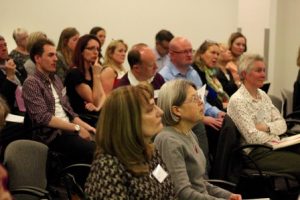


 We’re waiting for your applications for ESRC Festival of Social Science until 5 pm on Friday 5th May.
We’re waiting for your applications for ESRC Festival of Social Science until 5 pm on Friday 5th May.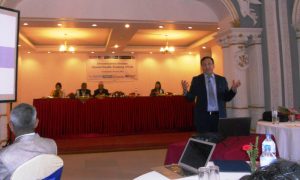
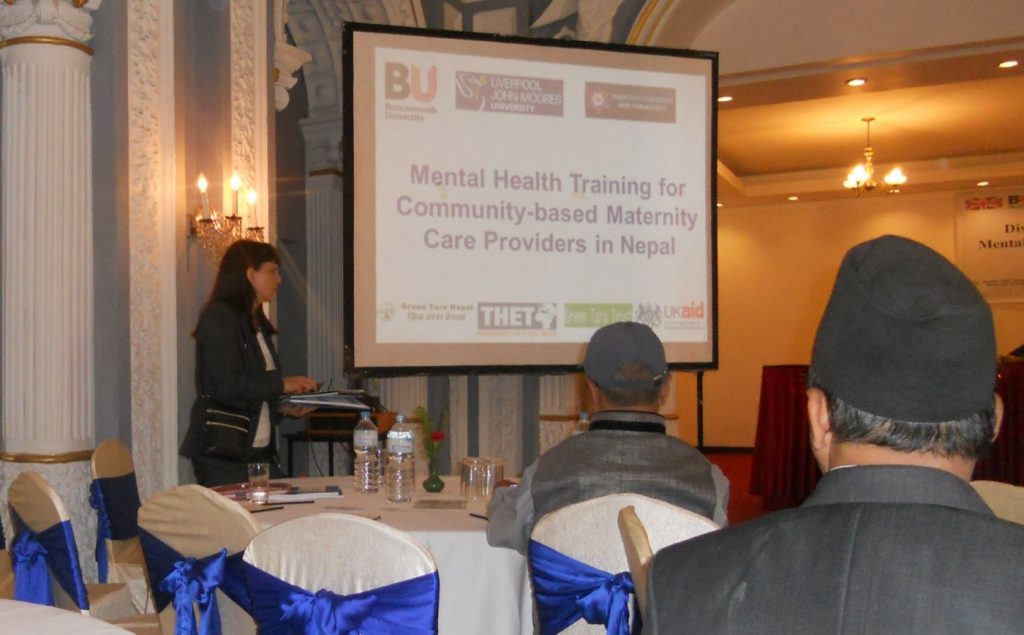
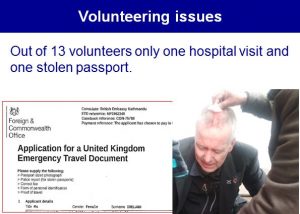
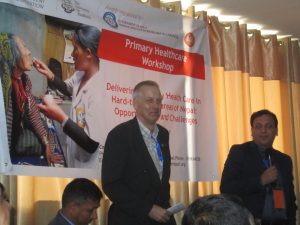

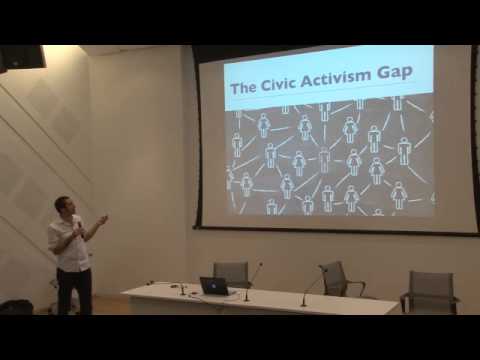 The
The 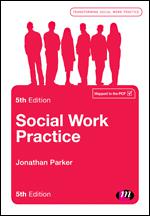
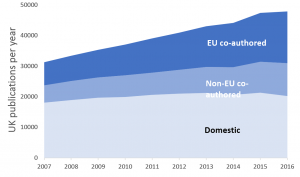
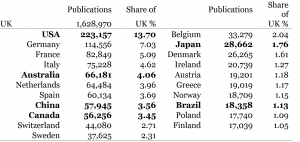
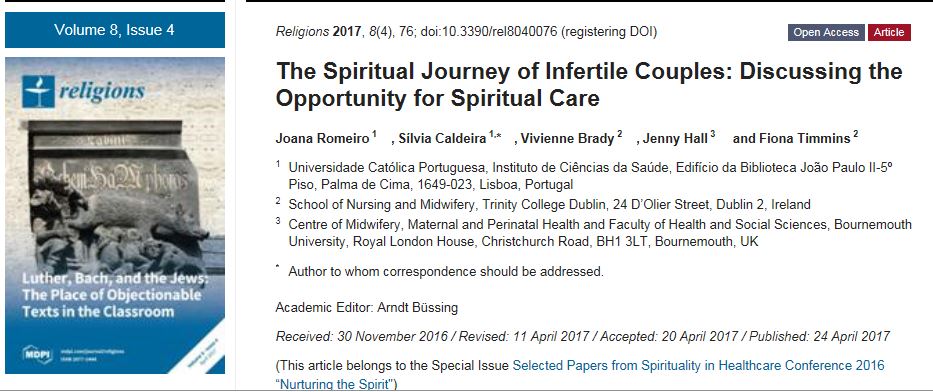











 FHSS academics teaching in Nepal
FHSS academics teaching in Nepal New weight change BU paper
New weight change BU paper One week to go! | The 16th Annual Postgraduate Research Conference
One week to go! | The 16th Annual Postgraduate Research Conference Geography and Environmental Studies academics – would you like to get more involved in preparing our next REF submission?
Geography and Environmental Studies academics – would you like to get more involved in preparing our next REF submission? Congratulations to three former BU staff
Congratulations to three former BU staff MSCA Staff Exchanges 2024 Call – internal deadline
MSCA Staff Exchanges 2024 Call – internal deadline Applications are now open for 2025 ESRC Postdoctoral Fellowships!
Applications are now open for 2025 ESRC Postdoctoral Fellowships! Horizon Europe – ERC CoG and MSCA SE webinars
Horizon Europe – ERC CoG and MSCA SE webinars MaGMap: Mass Grave Mapping
MaGMap: Mass Grave Mapping ERC grants – series of webinars
ERC grants – series of webinars